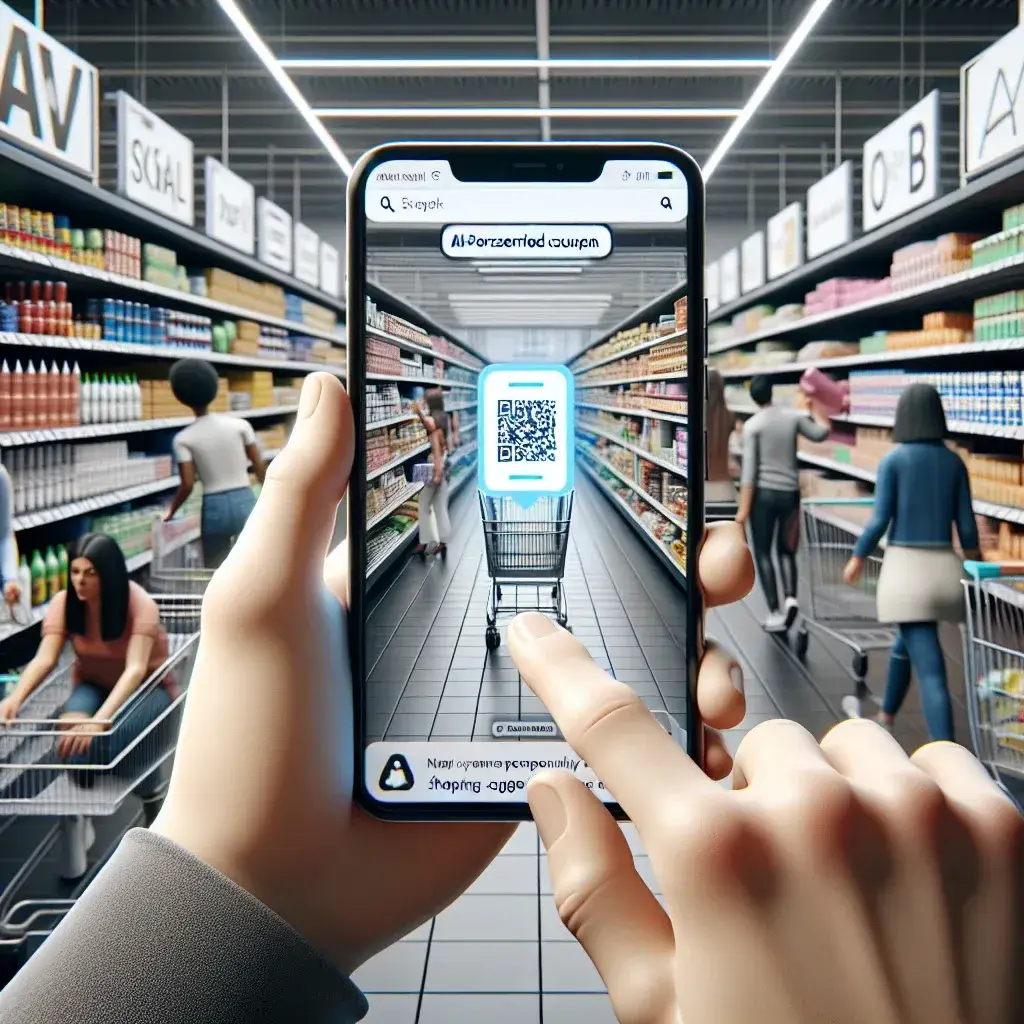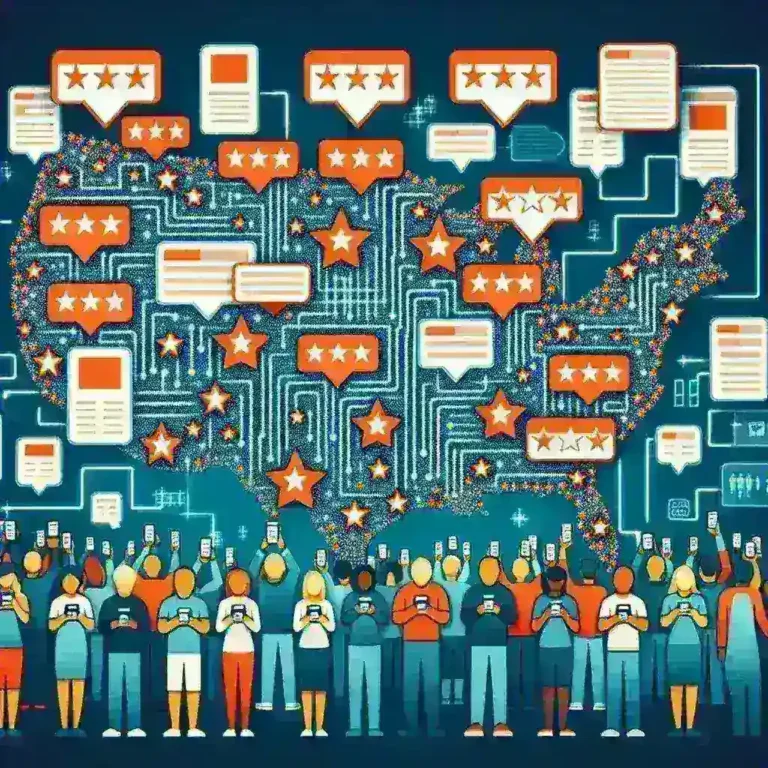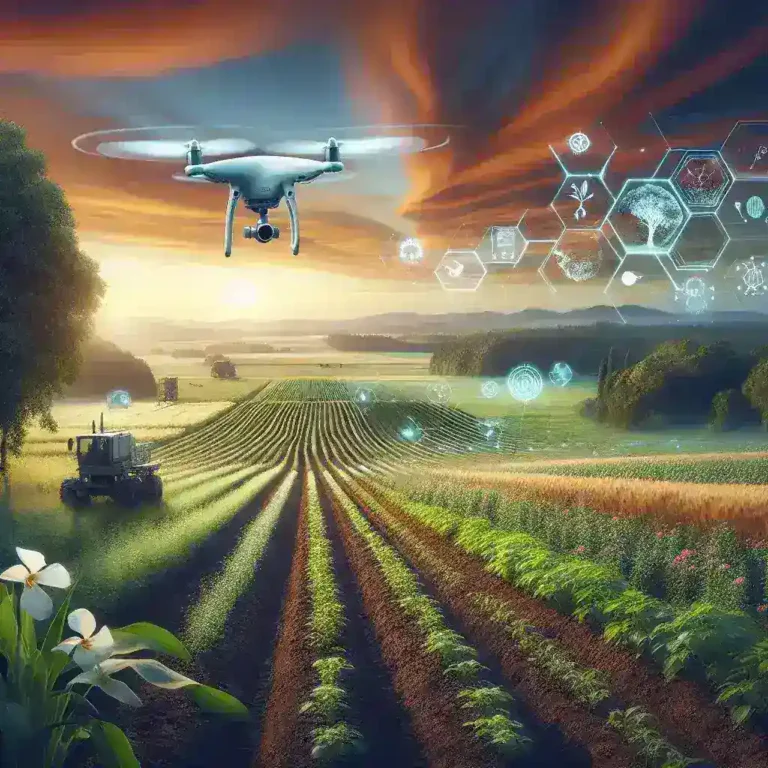
Walmart Testing AI-Powered Personalized Coupons in U.S. App
Introduction
In a rapidly evolving retail landscape, Walmart is once again at the forefront of innovation. The retail giant is currently testing an exciting feature in its U.S. app: AI-powered personalized coupons. This initiative aims to enhance the shopping experience by tailoring promotions to individual customers, thus driving engagement and sales. In this article, we will delve into the details of this new feature, its implications for shoppers and the retail industry, and what the future may hold for personalized shopping experiences.
Understanding AI in Retail
Artificial Intelligence (AI) has revolutionized various sectors, including retail, by enabling businesses to analyze vast amounts of data and derive actionable insights. In the context of personalized coupons, AI algorithms can process customer data—such as shopping history, preferences, and even seasonal trends—to generate targeted offers that resonate with individual customers.
The Benefits of Personalized Coupons
- Enhanced Shopping Experience: Personalized coupons create a more enjoyable shopping experience as customers receive offers relevant to their needs and preferences.
- Increased Loyalty: Tailored promotions can foster customer loyalty, as shoppers feel valued and recognized by the brand.
- Improved Sales Performance: By offering relevant discounts, retailers can increase conversion rates and average transaction values.
The Testing Phase
Walmart has initiated a testing phase for its AI-powered personalized coupons within its mobile app. This phase involves a select group of customers who will receive customized coupon offers based on their shopping behavior. The testing aims to analyze customer responses, preferences, and overall engagement with these personalized promotions.
How It Works
When a customer logs into the Walmart app, the AI system scans their shopping history and preferences. Based on this analysis, it generates a selection of personalized coupons. For instance, if a customer frequently purchases organic products, they may receive discounts on organic fruits and vegetables. The goal is to ensure that every coupon feels relevant, increasing the likelihood of redemption.
Historical Context of Coupons
The concept of coupons has been around for decades, evolving from simple paper-based discounts to today’s digital and personalized offerings. In the early days, coupons were used primarily as a marketing tool to attract new customers. However, with advancements in technology, retailers have recognized the power of data in shaping consumer behavior and driving sales.
Future Predictions
As Walmart continues to refine its AI-powered coupon system, the future of personalized shopping is likely to become even more sophisticated. We can expect the following trends:
- Increased Personalization: As AI technology evolves, personalized offers will become even more targeted, reflecting a deeper understanding of customer behaviors and preferences.
- Integration with Other Technologies: Future iterations may integrate with augmented reality (AR) and virtual reality (VR), creating immersive shopping experiences that include personalized coupons.
- Real-Time Promotions: Customers may receive real-time notifications of relevant coupons while shopping, based on their location and current selections.
Pros and Cons of AI-Powered Coupons
Pros
- Tailored Offers: Customers receive promotions that are genuinely relevant to their shopping habits.
- Enhanced Customer Engagement: Personalized interactions foster a stronger connection between the retailer and the customer.
- Data-Driven Decisions: Retailers can make more informed decisions regarding inventory and promotions based on customer data analysis.
Cons
- Privacy Concerns: The collection and use of personal data can raise privacy issues among consumers.
- Over-Reliance on Technology: Retailers may become overly dependent on AI, potentially neglecting the human touch in customer interactions.
- Potential for Misleading Offers: If not managed well, AI-generated coupons could misrepresent the actual value of savings, leading to customer dissatisfaction.
Real-World Examples
Walmart is not the only retailer exploring the potential of AI in personalized marketing. Companies like Target and Amazon have also implemented similar strategies, utilizing consumer data to enhance their promotional offerings. For instance, Target’s predictive analytics have famously allowed the company to tailor advertisements to individual shoppers, effectively driving sales.
Expert Opinions
Industry experts believe that personalized coupons are the next frontier in retail marketing. According to Dr. Sarah Thompson, a retail analyst, “The use of AI in personalized promotions is not just a trend; it’s the future. Retailers who embrace this technology will likely see a significant competitive advantage in the marketplace.”
Cultural Relevance
In today’s increasingly digital world, consumers expect personalized experiences. The rise of e-commerce has heightened these expectations, as online shopping platforms often provide tailored recommendations. Walmart’s initiative aligns with this cultural shift, acknowledging that modern shoppers seek convenience and relevance in their retail experiences.
Conclusion
Walmart’s testing of AI-powered personalized coupons in its U.S. app represents a significant step forward in the retail industry. By harnessing the power of artificial intelligence, Walmart aims to enhance customer engagement, drive sales, and create a more personalized shopping experience. As technology continues to evolve, we can expect to see even more innovative solutions that cater to the unique preferences of consumers. The future of retail is bright, and those who adapt to these changes will undoubtedly prosper.



Leave a Comment